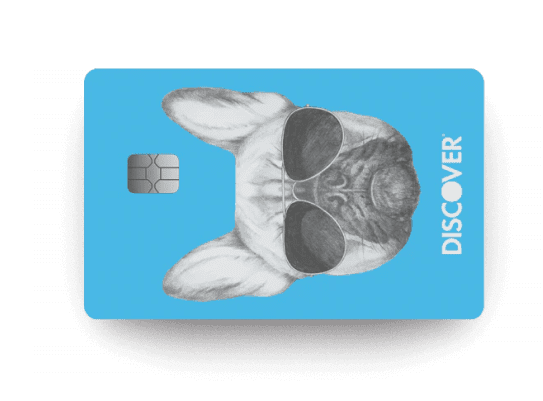So, you’ve made it to college and you’re finally enjoying your first taste of freedom. With all that freedom comes some newfound responsibilities—should you stay up late hanging out with your new friends or head home early and study for that exam? Do you want to splurge on a new outfit? Pizza or salad? Sometimes it’s not easy to make the “right” decision.

Avoid These 7 Common Credit Mistakes in College
8 min read
Last Updated: July 10, 2024
Next steps

See if you're pre-approved

Learn about Discover It® Student Chrome
See rates, rewards and other info
You may also be interested in
Was this article helpful?
Was this article helpful?




